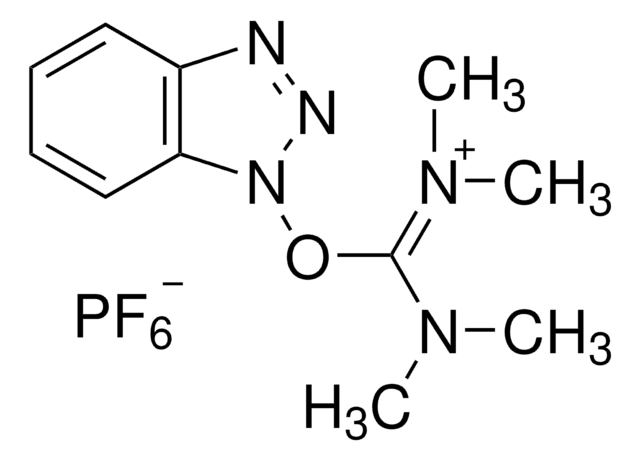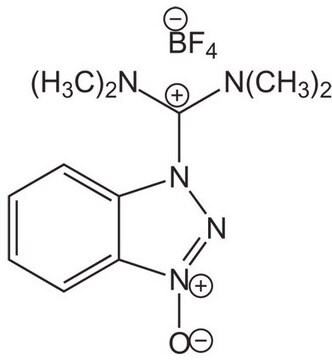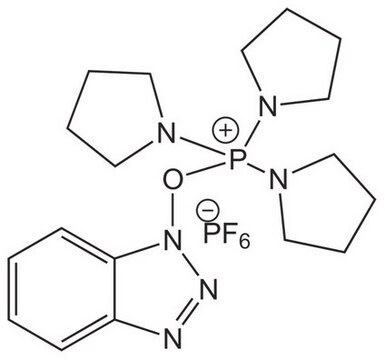D125806
N,N-Diisopropylethylamine
ReagentPlus®, ≥99%
Synonym(s):
N-Ethyldiisopropylamine, DIPEA, Ethyldiisopropylamine, ‘Hünig’s base’
About This Item
Recommended Products
vapor pressure
31 mmHg ( 37.7 °C)
Quality Level
product line
ReagentPlus®
Assay
≥99%
form
liquid
refractive index
n20/D 1.414 (lit.)
bp
127 °C (lit.)
mp
<−50 °C (lit.)
density
0.742 g/mL at 25 °C (lit.)
SMILES string
CCN(C(C)C)C(C)C
InChI
1S/C8H19N/c1-6-9(7(2)3)8(4)5/h7-8H,6H2,1-5H3
InChI key
JGFZNNIVVJXRND-UHFFFAOYSA-N
Looking for similar products? Visit Product Comparison Guide
General description
Application
Legal Information
related product
Signal Word
Danger
Hazard Statements
Precautionary Statements
Hazard Classifications
Acute Tox. 3 Inhalation - Acute Tox. 4 Oral - Aquatic Chronic 2 - Eye Dam. 1 - Flam. Liq. 2 - STOT SE 3
Target Organs
Respiratory system
Storage Class Code
3 - Flammable liquids
WGK
WGK 2
Flash Point(F)
49.1 °F
Flash Point(C)
9.5 °C
Choose from one of the most recent versions:
Already Own This Product?
Find documentation for the products that you have recently purchased in the Document Library.
Articles
Amide bonds are ubiquitous in both nature and industrial applications. They are vital to the structure and function of biological macromolecules and polymers. The importance of this functionality has resulted in numerous approaches to its formation, ranging from stoichiometric activation of carboxylic acids to more recent advances in catalytic amide bond formation.
Our team of scientists has experience in all areas of research including Life Science, Material Science, Chemical Synthesis, Chromatography, Analytical and many others.
Contact Technical Service












